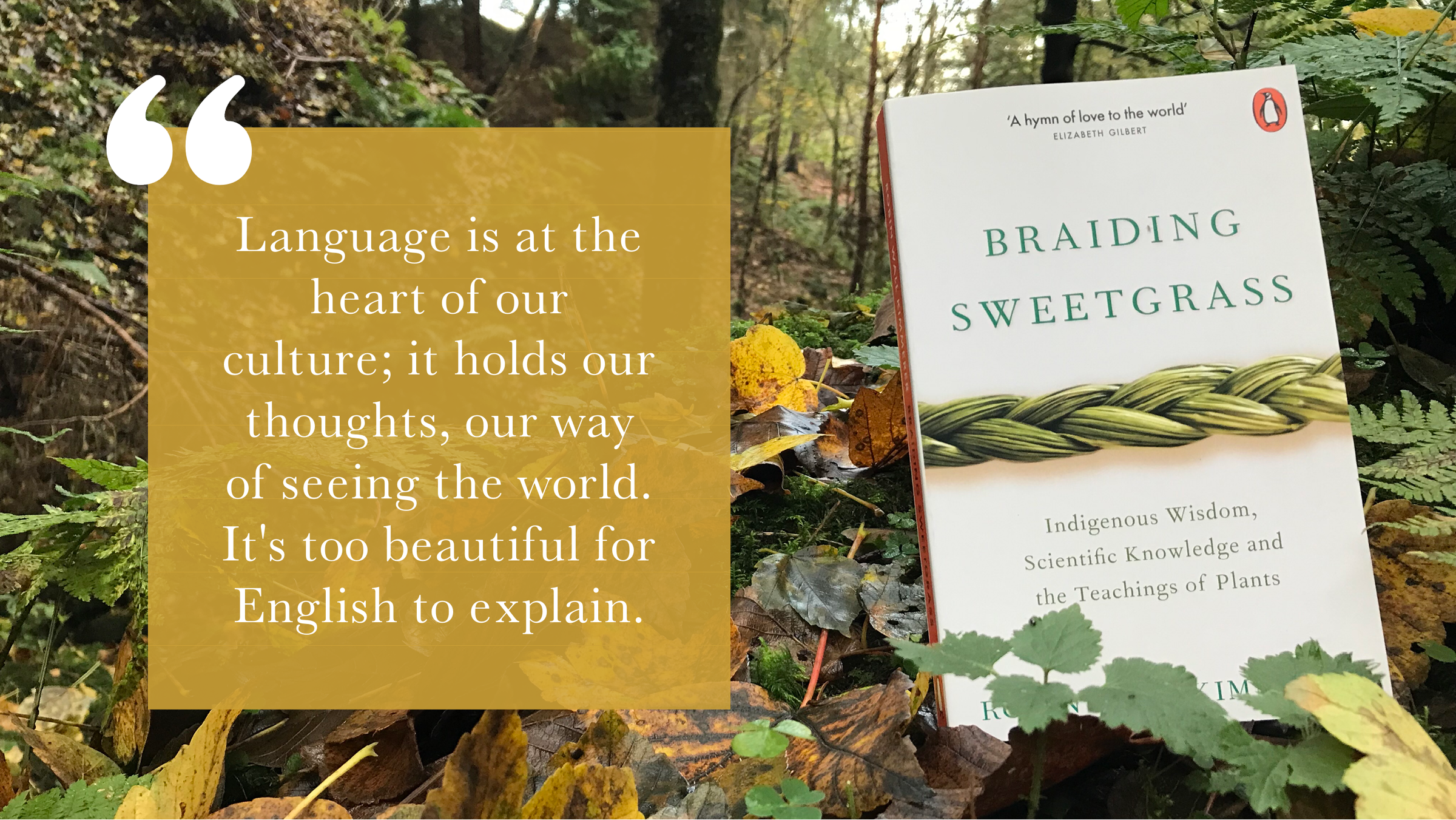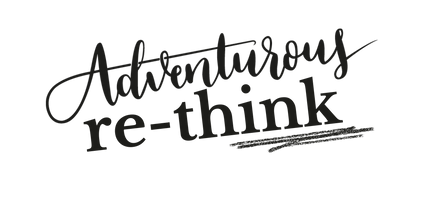A story about stories, language and connection

I remember when I first picked up Braiding Sweetgrass and began to read; after just a page or so, I closed it again.
This was not a book for me with its earthy creation-story opener.

Yet this book is referenced more frequently than any other by all our authors; from adventurers and naturalists alike, they all seem to discover some hidden truth pressed between its pages.
And so, a week later, in a different frame of mind, I returned to Braiding Sweetgrass and was rewarded with wisdom that completely changed my understanding of our connection with the natural world. And when I say completely, I mean totally and absolutely; suddenly, I began to be.
What is a book? What is a story? What, even, is language? Robin Wall Kimmerer gives us the answers to these, such foundational questions that we rarely even ask, as she encourages us to develop a new understanding of our role and place in the world.

Her people, the Native American Potawatomi Nation, have a proud history of storytelling, just as most indigenous people do, a way of passing on wisdom and shaping belonging through shared culture.
The stories they tell are important, such as the Windigo beast, a cautionary tale of greed and consumption. But just as important, if not more so, is the language they tell them in. The English language is composed of about 30 percent verbs, the vast proportion of our words being nouns, as appropriate for a culture obsessed with things. Potawatomi, on the other hand, comprises 70 percent verbs.
At first, as she sets out to learn the language of her people, the practical difficulty of it's complexity frustrates her:
Then just moments later the penny drops:
"And then I swear I heard the zap of synapses firing... In that moment I could practically smell the water of the bay, watch it rock against the shore and hear it sift onto the sand... Whey bay is a noun, it is defined by humans, trapped between it's shores and contained by the word. But the verb wiikwegamaa - to be a bay - releases the water from its bondage and lets it live."
In that moment, I realised the full potential of our knowing and the limited channels through which we try to make sense of it. Even the very English words we use to describe the rest of the world separate us from it in an artificial manner.
I loved this section of the book so much, I recorded a reading whilst dipping my feet in a wild stream
This, then, is what I mean by discovering an entirely new way of comprehending our connection.
It is a truly visionary book.
Unfortunately, Robin gets so many calls on her time that she is unable to join us in conversation about her book. So this month, instead, we will gather amongst ourselves to share our gratitude for the abundant gifts she has given us.
Do join us.
Braiding Sweetgrass is the November feature in Adventurous Ink.


